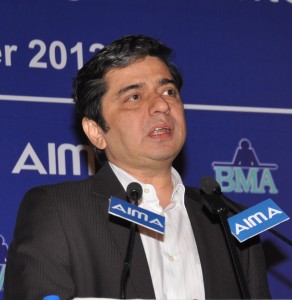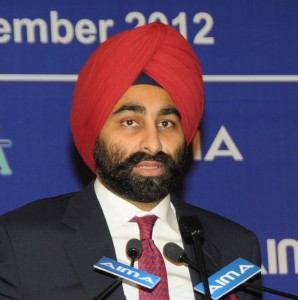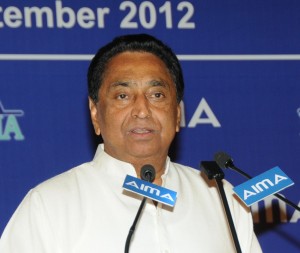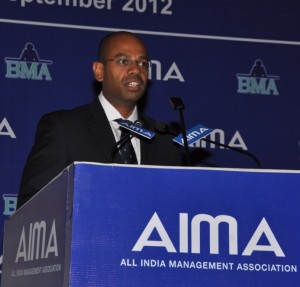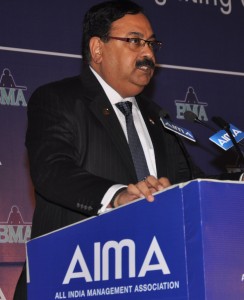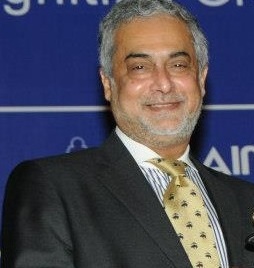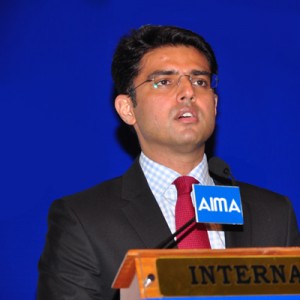Manufacturing has spear-headed the growth of various countries like Japan, Korea, China, Thailand and other countries. Manufacturing sector has been the leader for the growth of a country. The area of manufacturing contributes 40% to the GDP. In India, we have had periods of high growth but manufacturing sector is contributing only about 15-20% to our GDP. The government of India recognizes the importance of manufacturing and the new manufacturing policy included in the 12th plan brings forth various reasons why manufacturing has to grow much faster.
The growth of our economy so far has been led by service sector & IT sector. But to make sure the inclusivity in the growth and to provide employment to millions of people who will be joining the industries from rural areas, we have to focus on the area of manufacturing. That’s why manufacturing has been rightly given high priority in the 12th plan. Why has not manufacturing picked up in India like it did in other countries? India had been ranked by the World Bank as one of the most difficult company to do business due to its strict business policies. Continue reading



